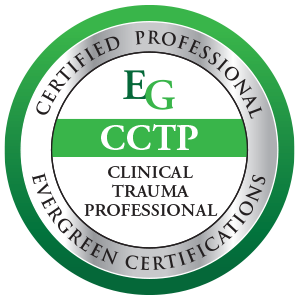September: National Suicide Prevention Month
WARNING: Text may contain sensitive content
September is National Suicide Prevention Month, a time to raise awareness of the importance of suicide prevention and mental health. As parents, it’s important to talk with our teens about this serious issue, and to find ways to keep the conversation open and ongoing. While it can be an uncomfortable topic for both parties, having open conversations about suicide, including thoughts or feelings of suicide, helps teens feel supported and lets them know that there are people who care if they ever find themselves in a difficult situation.
If you notice any changes in your teen’s behavior that could indicate suicidal thoughts, don’t hesitate to reach out for help right away – whether through their doctor, therapist, school counselor or psychologist, or another trusted adult.
One way we can start these conversations is by educating ourselves on the warning signs of suicidal thoughts or behaviors, so that we may recognize when our teen needs help. These warning signs include talking about wanting to die or feeling hopeless, withdrawing from activities, displaying extreme mood swings, engaging in reckless behavior (e.g. substance abuse, self-harm), giving away prized possessions without explanation, and expressing feelings like guilt, shame, or worthlessness. Asking if they know of any peers who are experiencing any of these things can also be an effective way to get the conversation going. If you notice any changes in your teen’s behavior that could indicate suicidal thoughts, don’t hesitate to reach out for help right away – whether through their doctor, therapist, school counselor or psychologist, or another trusted adult. Make contact and see if these adults have noticed any signs or symptoms that might indicate that there is something deeper going on or if they have reason to suspect a mental health issue. It’s also important not only make sure that teens have access to professional support, but also encourage them seek out supportive peers who will listen nonjudgmentally. Sometimes, as much as we want to be the person that they tell everything to, teens may be too embarrassed or fearful to tell us directly if they are having thoughts of suicide, so facilitating access to other support systems is essential. Just having someone there to understand what you’re going through can make all the difference.
Finally, remember that you are not alone! There are many resources available online, including hotlines where trained professionals provide confidential assistance 24 hours a day/7 days week, such as dialing 988. If your family needs additional support, or you are not sure where to turn, please don’t hesitate to contact us at Sage & Anchor. Together we can work towards a better understanding of how to help prevent youth suicides this September and beyond!



